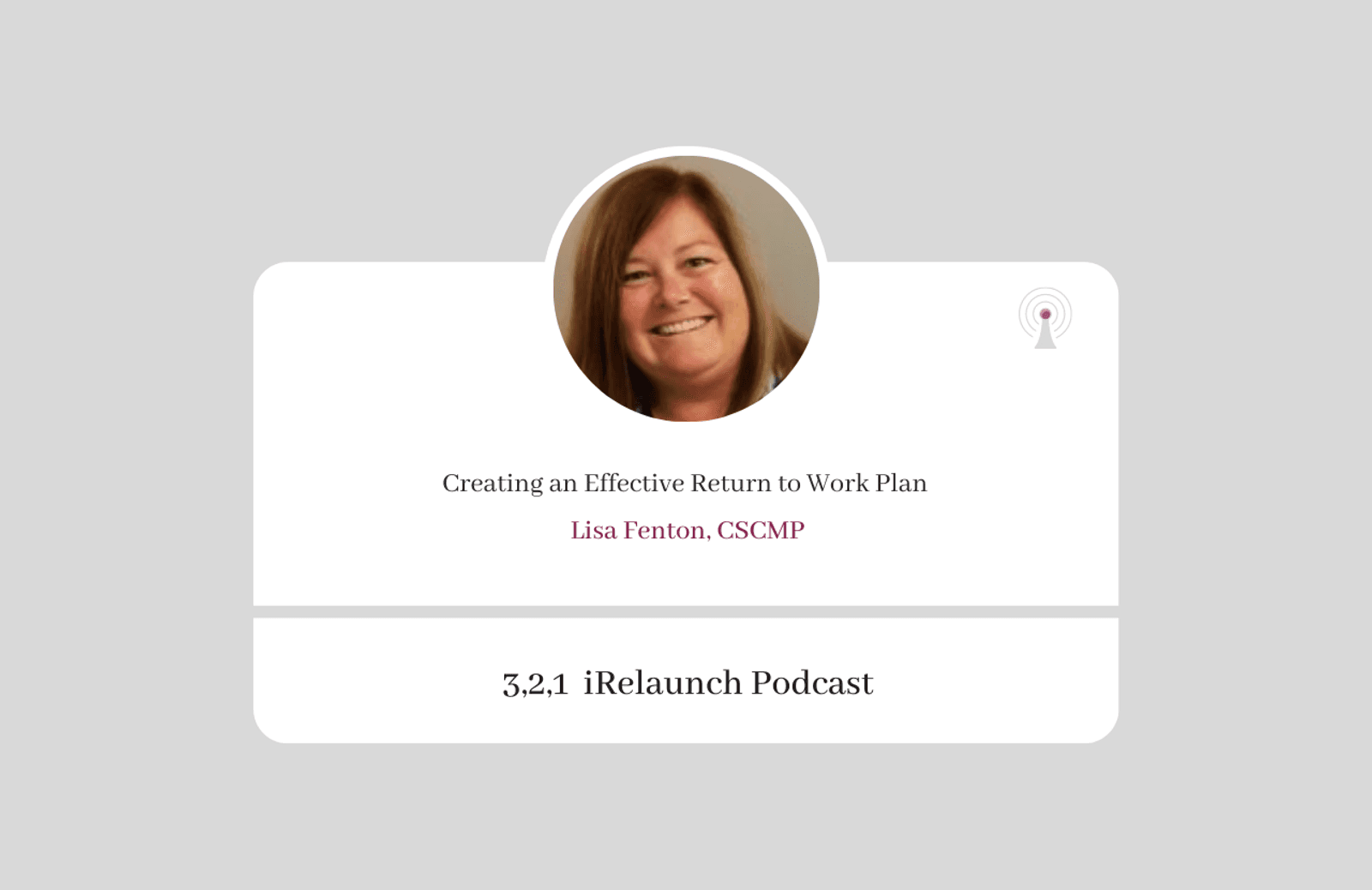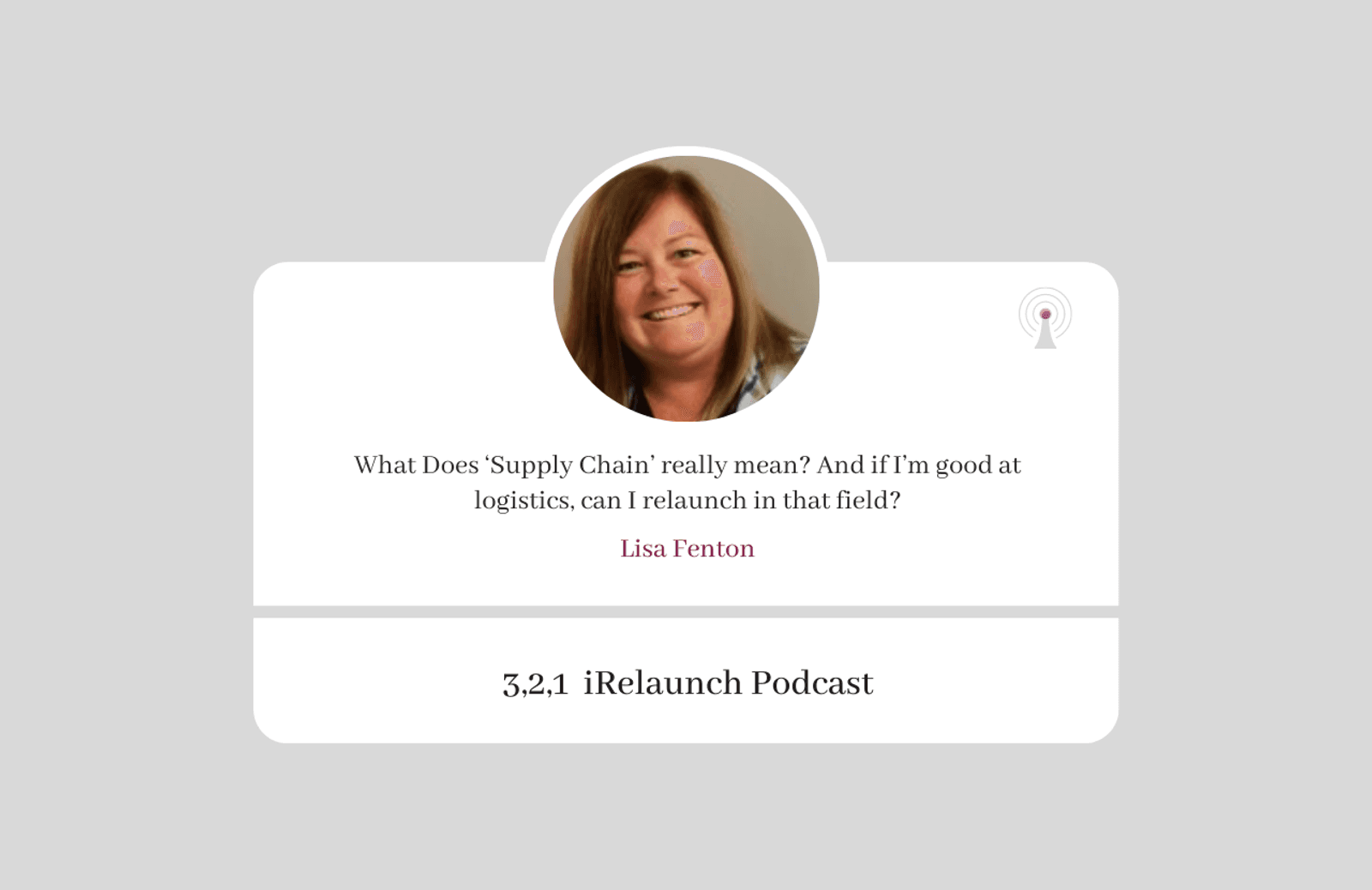When it comes to mapping out your return to work there is so much to
consider. Having a game plan in place will help you transition from
unemployed to employed. Having strategies and tools which help define
the most cost- and time-effective use of your energy will be a valuable
part of your journey. The game plan ensures you consider not just
yourself but all of the elements.
Before the plan
What’s going to help put you in the best position to move forward?
Think of how you can reassume a professional presence, upgrade your
skills, transition your family and get in that positive mindset. Prepare
professional interview attire, update your hair style, create a
networking card with your top skills, contact details, and tag line.
Define your timeline, budget, and area of search. Knowing this will help
define the scope of your search.
Create the plan
What companies are doing well? Even in challenging economic times
there are companies that are doing well. Check out a current local
economic report and consider those companies as potential places of
employment. Look at the most common postings at these companies and the
most common skills they are looking for. Compare these skills to your
skills to see the gaps, put into a gap analysis tool, and rank in order
of importance with the costs and time included. Then your plan is clear
and defined. What’s going to help your family make this transition as
well? Consider child care cost, hours, transportation to and from, how
quickly could these arrangements be put in place? How can you update
your skills, get a current and/or previous reference(s), prepare
your resume, cover letter, and professional mindset.
Executing the plan
Where can you find opportunities? Opportunities are everywhere, with
your networking card it’s easier to feel like you're a professional.
Professional association events are a great way to meet peers,
presenters, and professors. Having a networking card helps you feel as
though you're one of them - it’s a great conversation starter. Cold
calls and canvassing business areas are another way to find
opportunities. Research websites to get contact details. Don’t be afraid
to leave a message stating your name, previous areas of expertise, and
contact details. Share your journey with everyone you meet, as they may
know of an opportunity or of a future opportunity.
Preparing for the Interview
Treat the interview like a research project, research the company,
products and services, people interviewing you, and any current events.
Get in a professional mindset, brush up on current events in your
industry and your area of expertise. Present yourself as a professional
- have your networking card, extra copies of resume, a good
pen, portfolio and your professional attire in order. Reach out ahead of
time to current and previous bosses/employers and send them a copy of
your resume so they are comfortable and prepared to support you. Bring
any work or projects you have done even if self-taught - it’s a great
chance to show your current skills. Have questions prepared to help you
determine if this is a good fit for you: Is this a company which
supports further education? Do they have good initiatives? Do they have
good will in their industry? Are the socially and sustainably
responsible? Do they support and align with your beliefs and objectives?
Moving forward from a first career position
"How can I put myself in the best position to move on either within
the company or externally?" Ask lots of questions! Don’t be afraid to
take examples of how others get through their day and incorporate it
into your way of accomplishing your duties. Be open to learning, and if
possible learn more than just the required information. Don’t fear
technology. So many candidates have this working against them; many
programs are really similar once you start using them. Consider what
type of information you need to learn or master in the next position you
want to move to.
This one’s going to sound funny but visualize where you want to go next. I can tell you, this worked for me when looking to transition internally.
Don’t fear championing for yourself, we often support others before ourselves, if done diplomatically it can work.





